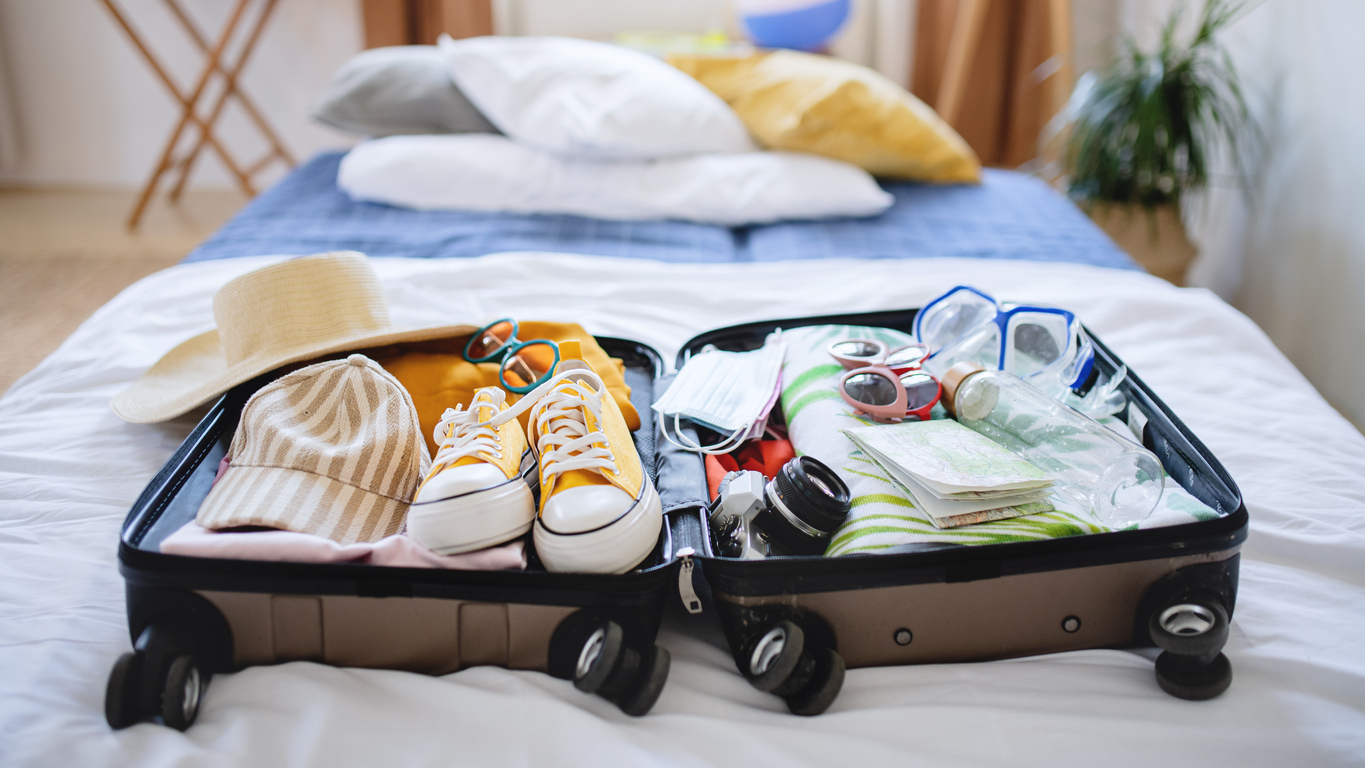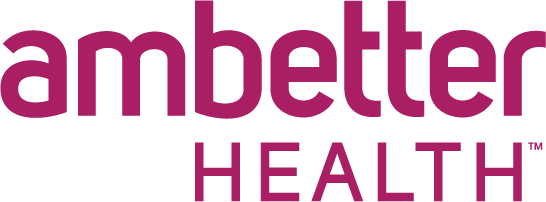Are you considering entering a rehab program for addiction or mental health treatment? Before taking the plunge, it’s important to know what to bring with you and how best to prepare yourself. At our Los Angeles rehab centers, we understand that getting ready for mental health or addiction treatment can be daunting but also rewarding. By following these best practices, you’ll have all of the necessary items at hand while readying your mind and body for an effective recovery journey.
What to Bring to Rehab
When preparing for rehab, it is important to bring the necessary items that will make your stay more comfortable and help you focus on your recovery. This includes clothing and basic toiletries, medications, electronics, and other items. It is important to check with the facility beforehand to see what items are allowed and what items are prohibited.
Clothes and Toiletries
Pack a week’s worth of clothes as well as any personal hygiene products such as shampoo, soap, toothbrush/toothpaste, etc. Make sure all of these items meet the standards and dress code set by the facility before bringing them in. For facilities with pools, don’t forget a bathing suit. Also, consider packing some extra layers like a jacket or sweater in case temperatures change during your stay. Some rehab centers have laundry facilities on-site, so be sure to check with them before packing.
Medications
Bring any current prescription medications that have been prescribed to you and any over-the-counter medications along with their original pharmacy bottle. If you do not have access to this information then contact your doctor prior to entering treatment so they can provide documentation of any medication needed while in rehab.
Electronics
Some treatment facilities allow certain electronic devices such as cell phones or laptops but be sure to check ahead of time regarding which ones are allowed into treatment centers so there aren’t any surprises when arriving at the facility doors. Be aware that most facilities also require all electronic devices to be checked in upon arrival so they can be monitored during treatment sessions or group activities throughout each day.
Identification
Bring a form of identification such as a driver’s license, physical insurance card, and a form of payment such as a credit or debit card in the event that medications need to be prescribed and picked up on your behalf.
Personal items
Items such as reading materials, your own bedding, family photos, and sentimental jewelry (e.g. wedding rings, necklaces) are typically allowed at most centers.
Bringing the right items to rehab can help you feel comfortable and prepared for your journey. It’s important to also prepare yourself mentally, physically, and financially before beginning treatment.
Prohibited Items at Treatment Centers
To ensure your safety and the safety of others, the following items are usually prohibited at most rehab facilities:
- Unlabelled pills
- Alcohol or products containing alcohol such as hand sanitizer, hairspray, mouthwash
- Drugs
- Drug paraphernalia
- Sharp objects such as nail clippers or scissors
- Refillable electronic cigarettes
Preparing for Rehab
Mental Preparation: Before entering rehab, it is important to be open-minded and have realistic expectations about the process of recovery. It is also beneficial to prepare yourself mentally by understanding that you will face challenges during treatment, but with dedication and hard work, you can overcome them.
Physical Preparation: To ensure a successful experience in rehab, physical preparation is essential. Get enough rest before entering treatment so your body has the energy it needs for healing. Eat healthy meals to fuel your body and mind as well as exercise regularly to reduce stress levels. Avoid drugs or alcohol prior to beginning treatment as this can interfere with any progress made in rehab.
Financial Preparation: When planning for rehab, finances should be taken into consideration as many facilities require payment upfront or offer payment plans. Research different options available such as insurance coverage or government assistance programs that may help cover some of the costs associated with treatment. Additionally, consider setting aside money for aftercare expenses like therapy sessions or medication costs once you leave the facility.
Clear Behavioral Health is in-network with most major commercial insurers. Call us today and a member of our team will go over your insurance benefits with you.
Clear Behavioral Health is In-Network
Taking the time to properly prepare for rehab can help ensure a successful and lasting recovery. By understanding the benefits of going to rehab, you can be more confident in your decision to take this important step toward improved mental health and well-being.
Benefits of Going to a Rehab Center
Going to rehab can provide numerous benefits for individuals struggling with mental health and/or addiction. Improved mental health and well-being are one of the most important advantages of going to rehab. Treatment centers offer a safe, supportive environment that allows individuals to focus on their recovery without distractions or triggers from their everyday lives. Through therapy sessions, support groups, and other activities, people in treatment learn how to manage stressors more effectively while also developing healthier coping skills. It is important to find the best rehab for your specific needs and treatment goals.
Increased self-awareness and confidence are additional benefits of going through a rehab program. People in treatment gain insight into themselves as they explore underlying issues related to their substance use disorder or mental illness. They also develop an understanding of how their thoughts, feelings, and behaviors impact each other which helps them make better decisions when faced with difficult situations in life. As individuals become more aware of themselves during treatment they often experience improved self-confidence which leads to greater success after leaving the program.
Going to rehab can provide a wide range of benefits to those who attend, from improved mental health and well-being to strengthened relationships with family and friends. However, the journey doesn’t end there. It is important to develop an aftercare plan for life after rehab in order to ensure continued success.
Aftercare Planning for Life After Rehab
Aftercare planning is an essential part of the recovery process as it helps individuals transition back into their daily lives after completing treatment. Developing an aftercare plan involves setting goals related to sobriety maintenance such as:
- attending support groups or therapy sessions regularly
- finding supportive resources such as sober living homes or 12-step programs
- staying connected with your treatment team by attending follow-up appointments
- creating a relapse prevention plan
- engaging in healthy activities
- developing a strong support system
- maintaining a positive attitude
An effective aftercare plan should include specific steps that you can take to help ensure long-term success in recovery. This may include:
- attending regular meetings for addiction recovery or mental health issues
- participating in individual counseling
- joining a peer support group
- establishing healthy routines like exercise and nutrition
- managing stress levels through relaxation techniques
- avoiding triggers such as people who use drugs/alcohol or places where drug/alcohol use occurs
- having access to emergency services if needed
- making lifestyle changes such as quitting smoking
- connecting with family members for additional emotional support
Finding Supportive Resources
When it comes to finding supportive resources for life after inpatient rehab, there are many options available depending on your needs. These may include outpatient care centers that provide ongoing counseling and medication management services for those struggling with substance abuse disorders and mental health issues alike.
Additionally, there are numerous 12-step programs available that offer fellowship among peers facing similar struggles while providing guidance on how best to stay sober over time. Finally, local organizations often provide free housing assistance along with other social services which can be beneficial when transitioning out of a rehab facility into independent living situations again.
Clear Behavioral Health Rehab Center in Los Angeles
Rehab can be a life-changing experience, and it’s important to come prepared. Knowing what to bring to rehab will help you make the most of your time there. Taking the time to prepare for rehab and plan for aftercare is essential in order to ensure that you have the best chance at long-term success. With proper planning, support, and dedication, anyone can find success in their journey towards sobriety and improved mental health. When considering what you should bring to rehab, preparation is key.
Are you or someone you know struggling with substance abuse and mental health issues? Clear’s alcohol and drug rehab in Los Angeles is here to help. Our experienced staff provides comprehensive treatment programs tailored to each individual’s needs, including detoxification services, dual diagnosis care, group therapy sessions, and more. With our team of dedicated professionals at your side every step of the way, we are committed to helping individuals take back control of their lives from addiction and mental illness. Call us today to learn more about our treatment options.








